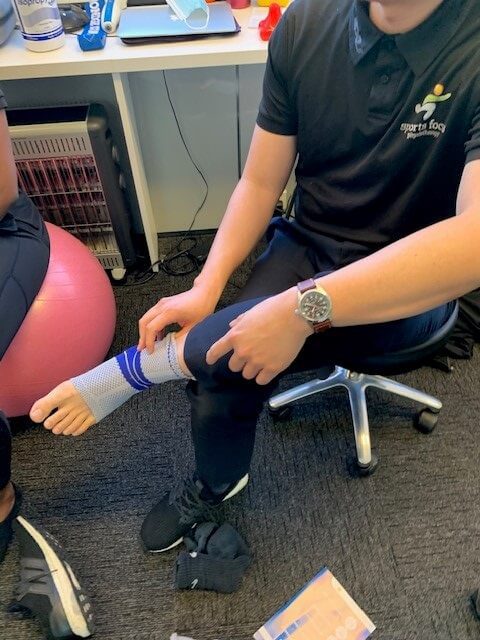
Who can use a brace or splint?
Braces and splints are most effective then they’re fitted properly. A physiotherapist can provide a custom brace or splint to fit the individual and their condition. The material can be soft or hard, and specialised support devices can be customised to fit a patient’s needs.
When to use braces and splints
Braces and splints can be used on a range of injuries and conditions. They can be used to treat conditions such as osteoarthritis, carpal tunnel syndrome, neck pain, lower back pain, spinal cord injuries, muscle strains and rheumatoid arthritis, among other conditions.
Muscle strains tend to occur in the lower back, legs and ankles. Tendons can also tear or strain. A brace or splint can provide support and stability to the affected area, allowing the muscle or tendon to heal.
It’s important that you see a physiotherapist for this service, as incorrect brace or splint fitting can lead to additional damage. Wearing a brace or splint for a prolonged period of time can also cause stiff joints and weaken the muscle. Make sure that you follow your physio’s instructions if you are using a brace or splint as treatment.

Bracing and splinting physiotherapy
Sports Focus Physiotherapy can help you manage fractures and injuries that require casting, bracing or splinting. Bracing and splinting is offered at all our Sydney physiotherapy locations. Mt Pritchard location is unable to do casting. Book your appointment online today.



